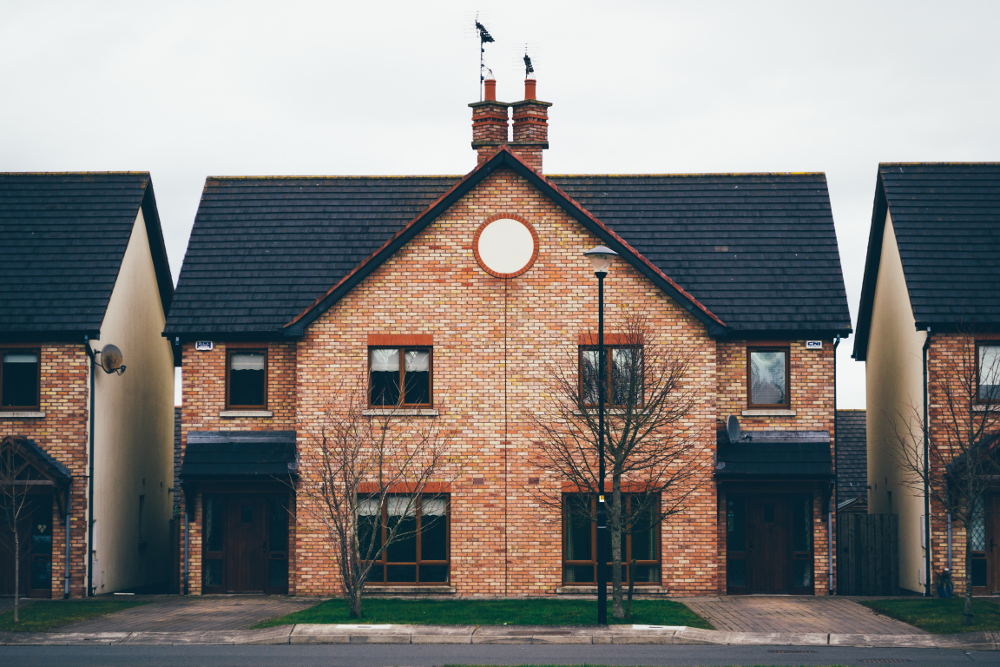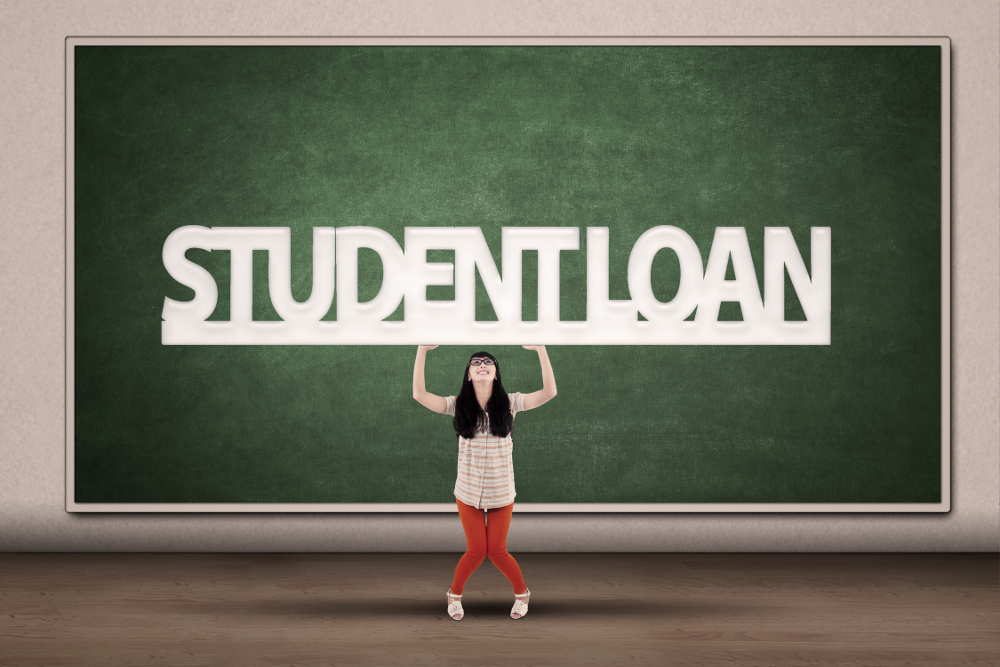MORTGAGE LOANS
MORTGAGES
FREE DEBT ANALYSIS
Speak with a certified debt management counselor.
Purchasing and owning a house is one of the major milestones in the American Dream. Very few Americans can afford to purchase a home without applying for a mortgage. The mortgage has evolved alongside the ever changing real estate industry. There have been swings in the real estate industry affected by the changes in the economy during times of recession and depression. Even though there have been these fluctuations, mortgages are still the main form of lending when it comes to real estate transactions. A mortgage is the process of granting of monies to purchase a home with good faith that the debtor will repay the loan along with the interest for the life of the mortgage. The process will be beneficial to both parties as long as there are no problems during the term of the mortgage.
TYPES OF MORTGAGE LOANS

Fixed-Rate Mortgages
A fixed-rate mortgage is a loan where there is a set rate of interest that will not change for the life of the loan. It has been the traditional loan that has been used to finance the purchasing of property. It has been traditionally thought of as the loan that most people have in mind when they are considering a mortgage.
The benefits of a fixed-rate mortgage are that they allow the buyer to evenly spread out the cost of paying for a high cost property over a longer period of time with smaller payments. Interest rates can fluctuate on a daily basis, so fixed-rate mortgages can prevent buyers from paying more when there are significant increases in the rates.
Fixed-rate mortgages are the easiest for buyers to understand. Other mortgages can have extremely complicated payment schedules with ever changing interest rates. Fixed-rate mortgages have very simple payment schedules and terms. The basic components of the loan are the principal, the amount borrowed, and interest, the fees paid to the lender for the loan, is paid to the lender in monthly payments.
A fixed monthly payment lets the buyer know exactly how their loan payment will affect their monthly expenses. Buyers can also pay additional monies towards the loan to shorten the term of the loan without having to pay any penalties.
Fixed rate mortgage loans can have different terms and lengths. They can range from 10 to 50 years. The longer loans have smaller payments but will cost the buyer more in interest payments. The shorter term loans allow the seller to pay them off faster and will pay less interest over the life of the loan. Fixed-rate mortgages are generally considered the plain vanilla loan.
In recent developments, a non traditional version of the fixed-rate mortgage has come to market. This new mortgage allows the buyer to pay only the interest for a set amount of years until a one time change is made to the payment schedule to include the principal. These new loans allow buyers to purchase expensive houses with small payments until the payment schedule changes. This loan can help younger home buyers early in their careers working at entry level jobs.
Although fixed-rate mortgages are the most popular loan for homeowners, there are a few negatives to this type of loan for certain individuals. One difficulty is that fixed-rate mortgages are harder to qualify for because they monthly payments are generally more than other loan types.
Interest rates are constantly changing and it can affect the benefits of a fixed-rate mortgage. Higher interest rates reduce the amount of money that a buyer can qualify for, in turn, limiting the cost of the home they can purchase. If interest rates fall after the buyer has acquired their loan then they may need to refinance. Refinancing a loan has multiple costs involved with it. These costs will add on to the overall cost of your home. At times, refinancing can cost you more than you would save staying at your current interest rate.
If you have a reliable, predictable source of income and you intend to own the home for a long period of time, then a fixed-mortgage rate loan is your recommended type of loan. The predictability and simplicity of fixed-rate-mortgages make them a great choice for first-time home buyers.
Variable Rate Mortgages
 Variable-rate mortgages are usually referred to as an adjustable-rate mortgage. They can also be called floating-rate mortgages. These type of loans have the interest rates that can change during the life of the loan. The monthly payment on these types of loans will adjust to reflect the new interest rate. The interest rates will usually increase over the life of the loan rather than decrease. The monthly payments tend to increase over time.
Variable-rate mortgages are usually referred to as an adjustable-rate mortgage. They can also be called floating-rate mortgages. These type of loans have the interest rates that can change during the life of the loan. The monthly payment on these types of loans will adjust to reflect the new interest rate. The interest rates will usually increase over the life of the loan rather than decrease. The monthly payments tend to increase over time.
There are multiple advantages to variable-rate mortgages. These mortgages generally have lower initial interest rates than fixed-rate mortgages causing their monthly payments to be lower. This allows potential homeowners to purchase homes that they would not have been able to afford with a fixed-rate mortgage.
Variable-rate mortgages are generally easier to qualify for than their fixed-rate counterpart. When interest rates are high, variable-rate mortgages allow buyers to purchase more expensive homes with lower monthly payments than a fixed-rate mortgage.
Variable-rate mortgages terms are generally more flexible than fixed-rate loans. Buyers can select terms that can allow for a lower initial payment from the first month to up to 10 years. Should interest rates fall, monthly mortgage payments can actually decrease for buyers in these types of loans. Buyers who are expecting to pay off their loans faster or are not planning to live in their houses for a long period of time can benefit with variable-rate mortgages with the lower monthly payments.
There are a few negatives to variable-rate mortgages. When the interest rate increases, buyers can experience a large increase in their monthly payments. Buyers may have difficulty paying these mortgages and could lose their home should they default on their mortgage. Variable-rate mortgages are more complex than fixed-rate mortgages and can be harder to understand. Selecting the right variable-rate mortgage for you can be difficult. The costs between these loans can be difficult to compare and each lenders interest rate can differ. Buyers will have a harder time knowing the impact of their monthly payments to their budgets with variable-rate mortgages. These loans can also have penalties, excessive fees when refinancing.
If you are expecting interest rates to decrease or you only plan on living in a home for a short amount of time then variable-rate mortgages are the right type of loan for you.
LATEST BLOG ARTICLES
Need a Mortgage? Here’s What Lenders Look For
If you’re ready to stop paying rent to a third party and start putting your money towards establishing equity in a home you can call your own, getting your financial ducks in a row is of prime importance. After all, you don’t want to fall head over heels for a house...
Where My Student Loan Debt Landed Me
2016 marks five years from my college graduation. I’ve been adulting, with various degrees of success, for five whole years now. I’ve held a plethora of jobs over that time, from waitress to Development Director. I’ve also experienced periods of underemployment. I’ve...
Don’t Make These 5 Credit Card Mistakes
When I was eighteen, with my first few meager paychecks under my belt and a new sense of adult pride, I went shopping. As I laid the items on the counter to pay, the cashier asked if I would like to sign up for a card to receive a discount on the items. Somehow I only...
NAVIGATE YOUR WAY TO A NEW MORTGAGE
Review your mortgage loan options with Payoff Pilot.



